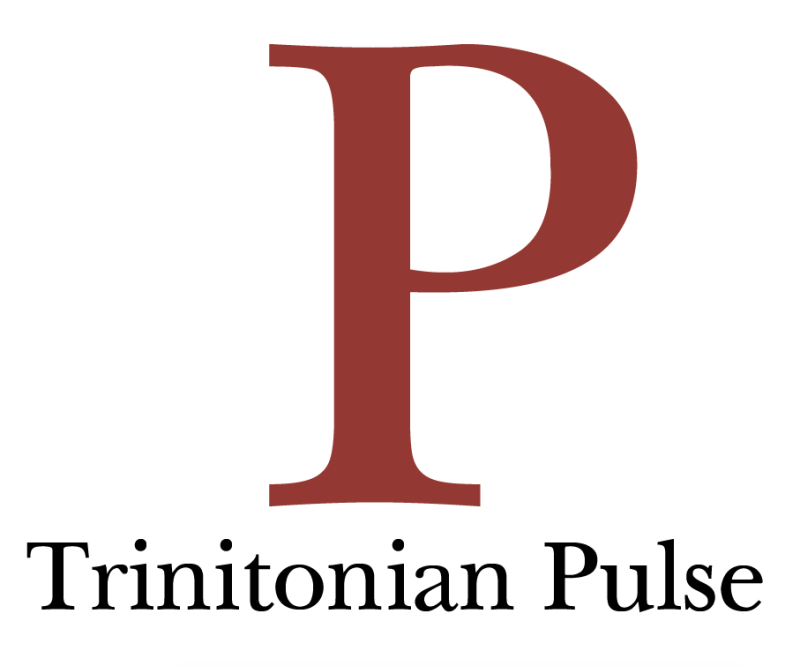Have you ever wondered about what defines the Bible? How do various cultures’ interpretations of it affect our fundamental understanding of what the Bible is? Or have you ever wondered about what additions different cultures have made to change the Bible as we know it over time? This spring, students can register to take the Lennox Lecture Series course titled (Re)Inventing the Bible, which focuses on discussing and analyzing these questions.
Co-taught by professors Ruben Dupertuis and Chad Spigel of the religion department, this course is offered on Wednesday evenings from 3:55 p.m. to 6:45 p.m. The Lennox Lecture Series, endowed by the Martha, David and Bagby Lennox Foundation provides a forum for students to discuss topics of interest in a classroom setting while also being granted the opportunity to be lectured by several visiting scholars in a close environment.
“I’m really excited about the visiting scholars approaching such a diverse variety of topics, like when did the Bible become holy to particular communities. There is a diversity of scholarly talent; the scholars are from Brown, UPenn, SMU and DePaul. It’s a great collection, and students are going to be able to interact with each scholar. There will also be public lectures, meals and opportunities for casual conversation,” Spigel said.
With registration just around the corner, students are encouraged to consider enrolling. The instructors are excited and anticipate a unique experience for themselves and their students.
“We’ll have these public facing lectures and we’re bringing in world class speakers for the larger community, but the larger impact on the students is really exciting. We’ll connect it to a seminar, so they’re taking this journey with us. For the teachers, part of this will be out of our specialty, but to have the students be able to meet these scholars to have lunch and talk about the books they’re reading is really exciting,” said Dupertuis, professor of religion and co-teacher of the series.
These speakers, including scholars such as Mark Chancey and Valerie Ziegler, will discuss the Bible and religion from a variety of perspectives, allowing students to gain direct insight into the subject they’re studying.
“We got all four speakers we invited, and they really span a range of approaches to the study of the Bible, which is our goal within the course,” Dupertis said.
Students will be expected to integrate material from this course with what they are learning in other areas of study. For example, by writing papers on diverse topics and blogging for the course, students will have the ability to reach out to the public and inform them of the material covered in the course.
“Students will blog their responses to ideas, what they read and what they see on the news. It’ll be a way to interact with the wider community, so I think that’s another interesting part. There will be private elements, but we’ll have public as well,” Spigel said.
In fact, Spigel proposes that work done for this course could even go so far as to be published.
“There’s a possibility of a collective volume of the best student papers being published. It’s an opportunity to get published; not all students papers will be, but if you write a good paper, there’s a good chance it’ll be included.”
As the origins, modifications, and interpretations of the Bible are such subjective aspects, all participants in the class, including the professors, will have the ability to learn about this influential text with a clean slate.
“I’m coming to this with fresh eyes and learning this from a student’s perspective. As they bring their ideas into the conversation, there will be a really interesting mix. It’s taught with Dr. Dupertis, so we’ll have different perspectives from the course professors, then discuss the different conversations, so maybe the two different groups will come up with their own interpretations. My knowledge of the ancient text and the modern use of the text coming together will be really interesting. Everything about it is new and exciting,” Spigel said.
This “fresh” approach is considered particularly useful, as subjects from the Bible are relevant to much of the discourse in the media today.
“I think this is an opportunity for students to look at a hot topic in the media. The Bible comes up in a lot of different areas in the media, whether its abortion, gay marriage or putting up the 10 Commandments in front of a court house,” Spigel said.
There are no pre-requisites necessary to complete before enrolling in the course. Students interested in taking this course are encouraged to visit http://www.reinventingthebible.com/ or contact Ruben Duperuis or Chad Spigel.







